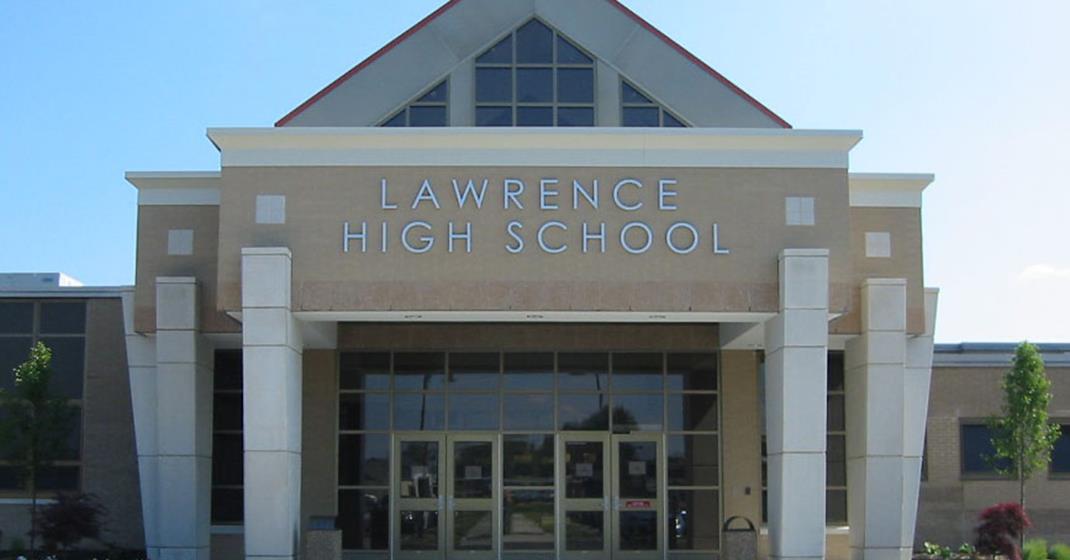Concerned that block scheduling may be implemented at Lawrence High School for the 2021-22 school year, a Lawrence High School junior has launched a letter-writing campaign in opposition to it.
If school district officials approve the switch to block scheduling, it would mean 90-minute classes for high school students, according to the letter that is being circulated in the community.
But Ross Kasun, the superintendent of schools, said there has been no decision on what the 2021-22 school year will look like – other than students will return to school in-person for a full day of learning. Gov. Phil Murphy has ordered schools to return to in-person learning in September.
Kasun said a committee comprised of about 18 staff members has been exploring the possibility of moving to block scheduling, but “we have not begun to bring it to the whole staff to make a decision on it.
“There has been absolutely no decision on what the (Lawrence High School) schedule will look like,” Kasun said.
Nevertheless, Lawrence High School junior Jack Granahan initiated a letter-writing campaign last month to get ahead of the issue. He said he learned about it from a teacher, who he declined to identify.
Granahan said a message about the proposed change was posted on Instagram, along with a link to the letter. He said he has urged students to contact the administration and speak out against block scheduling.
Granahan said that after thinking about the implications of block scheduling, he realized it was “severely flawed.”
“In my mind, it is simply not practical to give teachers 90 minutes to teach. It is too long a class period for students with short attention spans to have a meaningful education, and it would also potentially cause many teachers to become tired of lecturing,” Granahan said.
The letter that Granahan prepared stated that the average teenager has an attention span of less than one hour. The pre-pandemic class schedule allowed for classes of less than one hour each, and it was well-suited for students will low attention spans, he said.
“As opposed to actually teaching and helping students for the entirety of the class period, most teachers will likely get tired out and give their students busy work,” the letter said.
“As a result, less material will be taught within a smaller number of longer class periods, than within a greater number of shorter class periods,” the letter said.
According to the letter, block scheduling has been proposed as a means to lower the number of student-to-student interactions to prevent transmission of COVID-19.
But given the current rate of COVID-19 vaccination (and its expansion to teenagers), it is unlikely that the virus will be a serious issue in September, the letter said.

